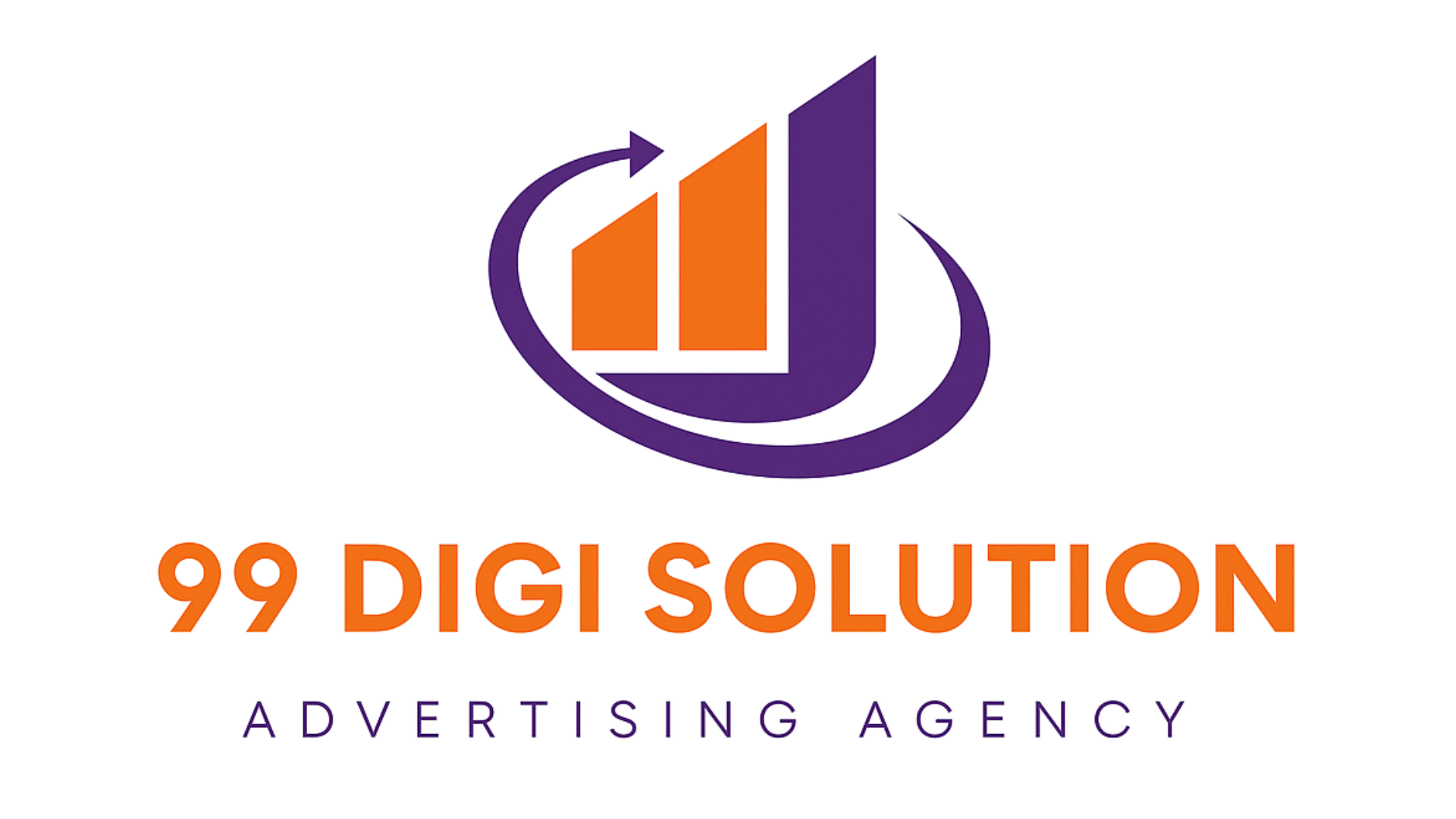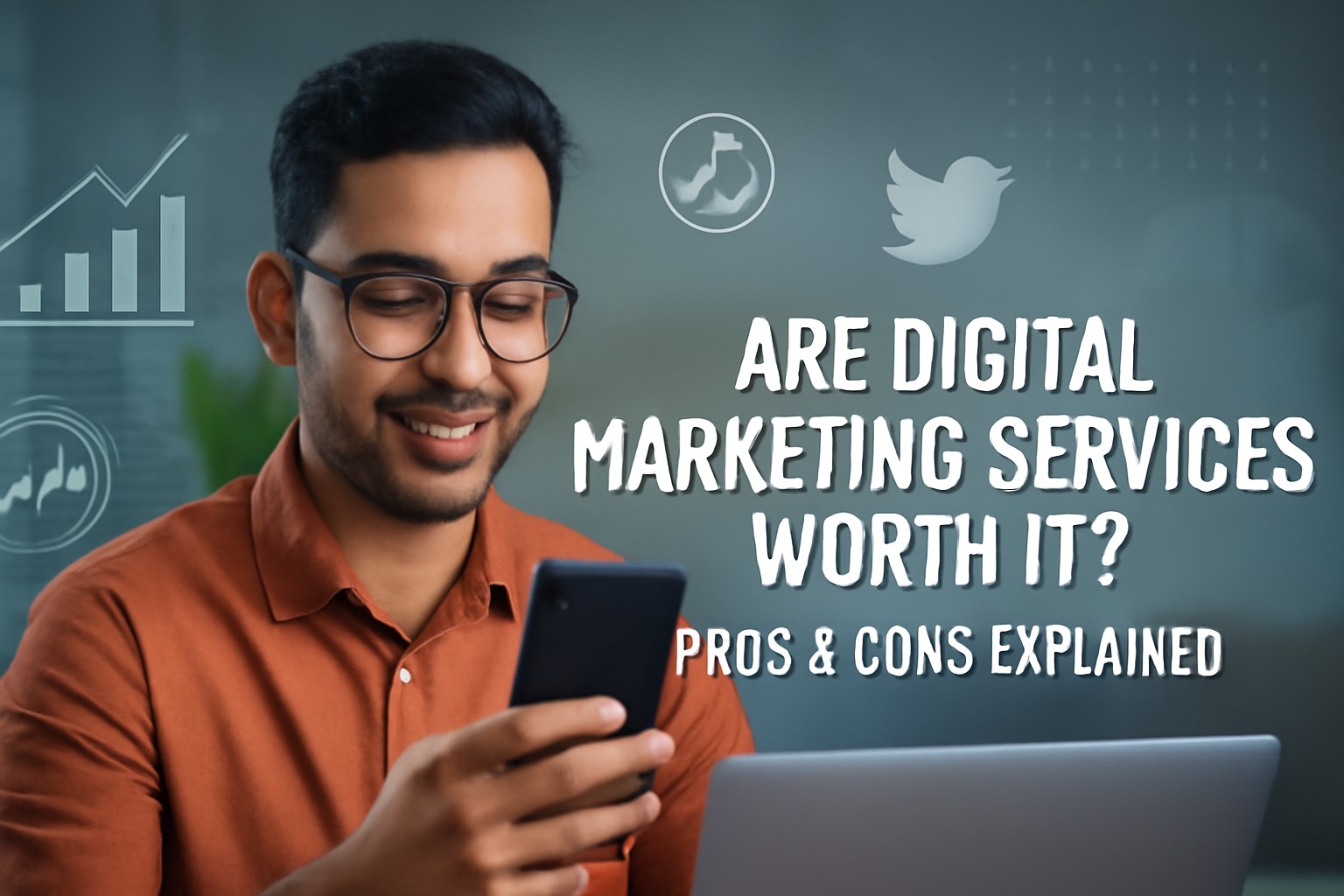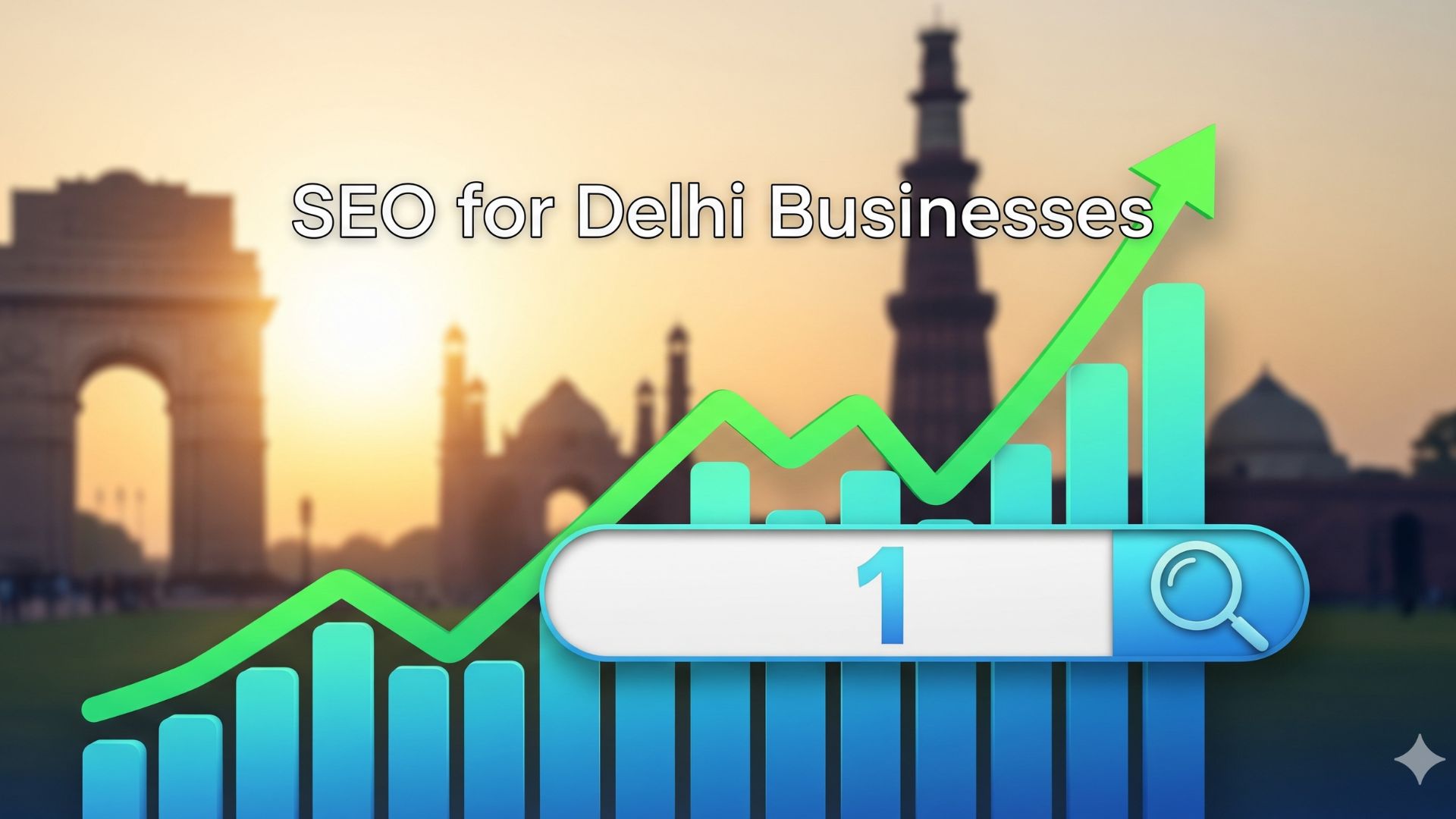Introduction
Investing in digital marketing services is a major decision for every modern business. With countless tools, agencies, and strategies available, the key questions remain: do these services genuinely deliver value? Are digital marketing investments worth it for your size, goals, and market conditions? This guide lays out the clear pros and cons, real-world scenarios, and guidance to help you decide what’s right for your business in 2025.
Table of Contents
- What Are Digital Marketing Services?
- Pros: Why Digital Marketing Services Are Worth It
- Cons: When to Pause or Reconsider
- Who Benefits Most (and When)
- Frequently Asked Questions (FAQs)
- Conclusion & Next Steps
1. What Are Digital Marketing Services?
Digital marketing services cover strategies and tools that promote brands, attract leads, and grow sales online. Key services often include SEO, PPC advertising, social media management, content and email marketing, website optimization, online reputation management, and marketing analytics.
2. Pros: Why Digital Marketing Services Are Worth It
Measurable Results & ROI
Digital marketing is data-driven. You can track every click, impression, lead, and sale—adjusting campaigns for maximum return. Channels like email, SEO, PPC, and automation show higher average ROI than most traditional marketing.
Targeted Audience Reach
Reach the people most likely to buy from you—by location, interest, demographics, and behaviors—rather than running generic campaigns. This precision drives higher quality leads and better conversion rates.
Cost Efficiency
Digital campaigns, especially at entry levels (local SEO, organic social, targeted PPC), are usually more affordable and scalable than print, TV, or outdoor ads. You can start small and grow your budget as results improve.
24/7 Visibility & Reach
Your website, ads, and content work around the clock—reaching customers locally and globally, regardless of business hours.
Agility and Speed
You can launch, pause, or alter campaigns instantly in response to market trends, feedback, or sales performance.
Brand Credibility & Trust
A strong digital presence (website, reviews, active social media) builds confidence among today’s buyers, who research brands online before ever making contact.
Competitive Advantage
Every industry is moving online. Businesses that invest consistently outperform those that stick to old-school methods.
Scalability & Flexibility
Digital marketing grows with you. Ad channels or increase your ad spend as your company grows, or shift strategies quickly as you learn what works.
Personalization
Use automation and segmentation to send targeted offers, tips, and updates, improving engagement and loyalty.
3. Cons: When to Pause or Reconsider
Learning Curve & Time Investment
Doing digital marketing well requires skill and ongoing effort—whether you DIY or hire an agency. Expect a period of learning, trial, and adaptation.
Delayed Results for Some Channels
SEO and organic content take time (months, not days) to move the needle. Impatience can lead to early quitting before results compound.
No Guaranteed Outcomes
Success depends on the quality of strategy and execution—poor agencies or template tactics may not yield results.
Potential for Wasted Spend
Without clear goals, tracking, or optimization, ad spend can be wasted quickly. Choosing the wrong provider or channel also risks low returns.
Need for Ongoing Work
Digital marketing isn’t “set and forget.” Regular monitoring, updates, and content are needed to maintain rankings, visibility, and ROI.
Market Saturation & Competition
As digital marketing popularity rises, some channels (like certain keywords, social platforms, or PPC) become crowded and costlier.
4. Who Benefits Most (and When)
- Small businesses and startups: Can gain big visibility with modest budgets by focusing on local SEO, social, and targeted ads.
- Growth-focused companies: Benefit from scalable, integrated campaigns that increase leads and sales.
- Established brands: Use digital to maintain relevance, deepen loyalty, and reach new online markets.
- Niche markets: Can connect directly with targeted audiences using tailored content and advertising.
Digital marketing is most effective when you:
- Have clear goals and KPIs
- Commit to regular content and updates
- Track and optimize campaigns based on real data
5. Frequently Asked Questions (FAQs)
Can I really get good ROI with a small budget?
Yes. Many businesses see outsized returns by starting local, focusing on organic channels, and refining campaigns with analytics.
Is digital marketing right for every business?
Most find value, but very traditional or ultra-local businesses may get more from offline approaches. For most, a blend works best.
How do I avoid wasting money on digital marketing?
Set clear, realistic goals. Start with tested providers, channels, and constantly measure what’s working—then optimize for better results.
What’s the fastest digital service for results?
Paid ads (PPC, social ads) and email deliver the quickest impact. SEO and content build greater, more sustainable results over time.
6. Conclusion & Next Steps
Digital marketing services are worth the investment for most businesses seeking measurable growth, new customers, and stronger brand visibility in 2025. The key is choosing reputable partners, focusing on the channels that fit your goals, and tracking performance continually. Start with your priorities, assess the local and online competition, and seek expert help when needed to maximize your return.
















































